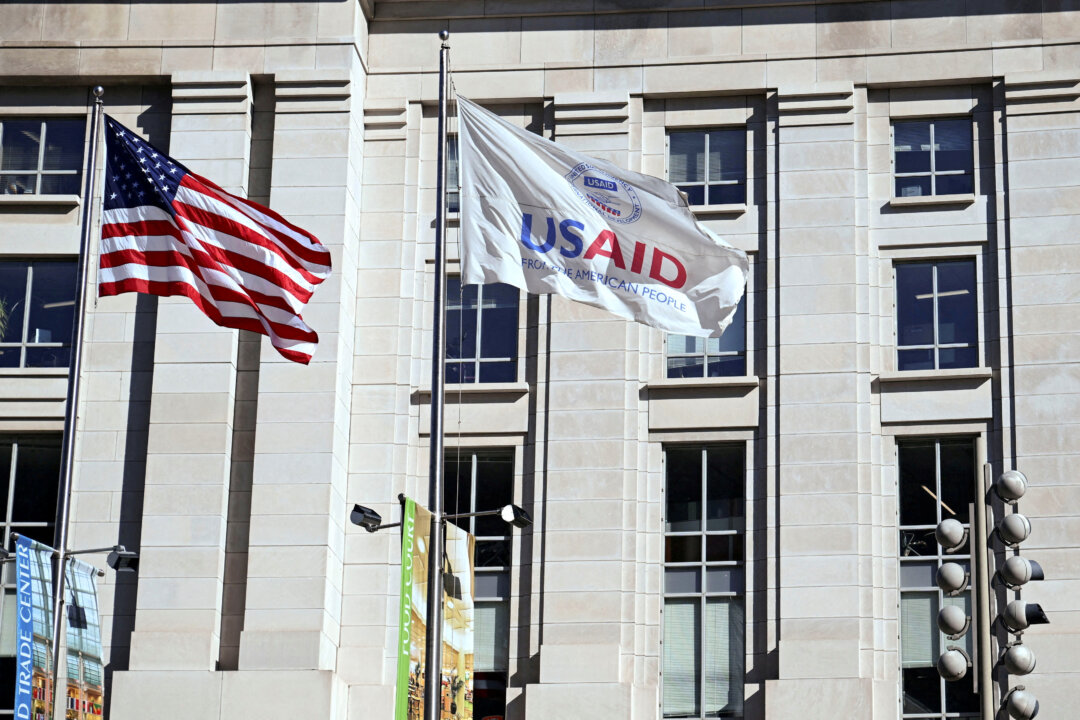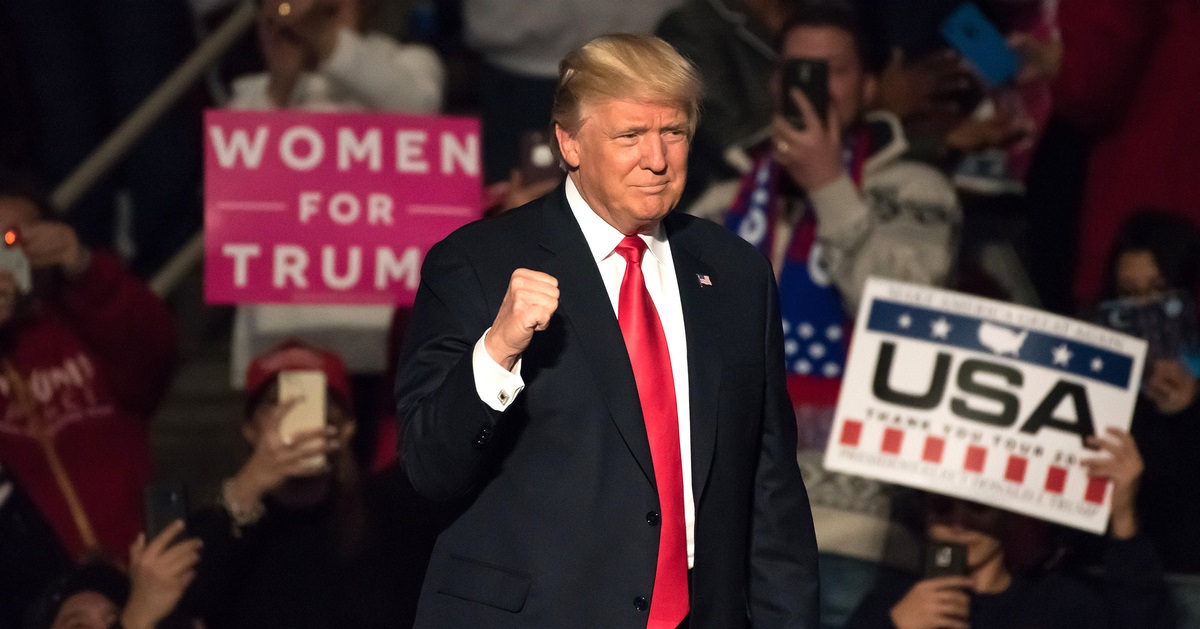The State Department has announced a significant decision to dismantle the U.S. Agency for International Development (USAID). This move will integrate certain operations into the State Department by July 1. The Trump administration’s decision addresses the longstanding issues of mismanagement and inefficiency within USAID.
For decades, USAID has been criticized for its handling of taxpayer dollars. Many believe it has funded foreign programs that offer little return on investment for American interests. The restructuring is a step towards reducing unnecessary government spending.
Marco Rubio expressed support for this decision. He noted that while foreign assistance can be beneficial, USAID had deviated from its mission. The senator praised President Trump for realigning U.S. foreign assistance with national priorities.
Jeremy Lewin, a senior official, is now overseeing the transition. He communicated to staff that this change aims to enhance efficiency and accountability. His message emphasized the importance of a unified U.S. voice in foreign affairs.
The restructuring will preserve essential functions like humanitarian aid. Global health initiatives will also remain under the State Department’s oversight. However, USAID’s regional development roles will be absorbed by the State Department.
According to the New York Post, a State Department memo outlines the future of USAID’s workforce. Some employees may be rehired to manage ongoing aid programs. Nonetheless, non-statutory positions will be eliminated to streamline operations.
The memo highlighted the benefits of this transition. By consolidating functions, the U.S. aims for more strategic foreign assistance. This approach enables the nation and its leaders to present a cohesive policy stance globally.
Taxpayers have long been frustrated with USAID’s expenditures. Many see this decision as a positive shift towards financial accountability. It represents a clear effort to curb excessive government spending.
The Trump administration’s actions align with its broader goals. These include reducing government overreach and improving fiscal responsibility. The USAID dismantling is seen as a fulfillment of these promises.
Critics of USAID have pointed to its inefficiencies for years. The agency’s closure marks a significant change in U.S. foreign aid strategy. This move is expected to benefit American taxpayers directly.
The State Department’s integration of USAID functions is a bold step. It reflects a commitment to optimizing foreign aid delivery. This transition is part of a larger effort to enhance government efficiency.
The restructuring also aims to improve strategic impact. By consolidating efforts, the U.S. seeks to strengthen its international partnerships. This approach is intended to serve both American interests and global allies.
USAID’s shutdown is viewed as a victory for fiscal conservatives. It underscores the importance of aligning foreign aid with national goals. The decision has been lauded by those advocating for government reform.
The elimination of duplicative roles within USAID is part of the plan. This streamlining is expected to reduce bureaucratic waste. As a result, the U.S. can deliver foreign assistance more effectively.
For many, the closure of USAID is a long-awaited development. It marks a shift away from unchecked spending on foreign programs. The Trump administration’s actions resonate with those calling for change.
The State Department’s role in managing foreign assistance will expand. This change is designed to ensure more coherent policy execution. It also highlights the ongoing effort to enhance U.S. diplomatic effectiveness.
The restructuring aligns with conservative principles. It emphasizes accountability and strategic resource allocation. This approach is intended to strengthen America’s position on the world stage.



